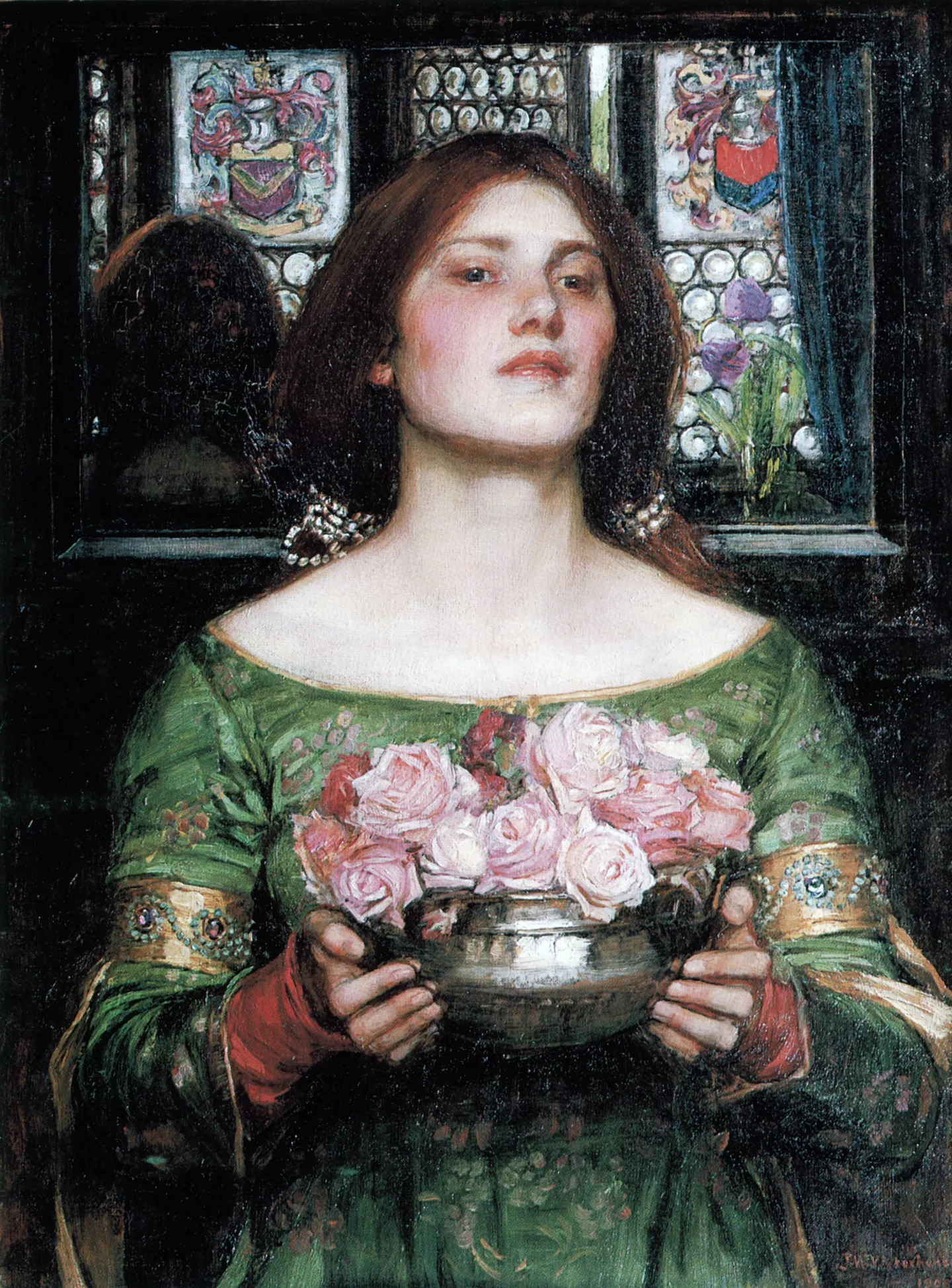
To the Virgins, to Make Much of Time
"To the Virgins, to Make Much of Time" an analysis
Herrick presents this poem through a lense of experience. The title itself provides evidence already of such a thought; the poem concerns "the Virgins" who, befit this title in that the experiences of life, in general, have yet to deprive them of their innocence and naivete. But the poem is not only an encouragement for those that are young to take advantage of their life but also a statement about the sorry state of senescence.
Kerrick impresses at first that one ought to "gather ye rosebuds while ye may" for time is not one to slow down for them and is rather limited in its resource. Here, we might look into the "rosebuds" and use their meaning to extrapolate Herrick's meaning in the rest of the poem. When Herrick marks that the "same flower that smiles today / Tomorrow will be dying", we might ask ourselves why he would create an image as strange as a flower smiling. Although viable as a colorful use of personification, it is obvious that the flower serves to be a symbol. On one hand, the smiling flower might representative of love interests. Those same relationships that brush past us might be gone like the flowers that "Tomorrow will be dying". Herrick definitely asserts a philosophy of carpe diem. What is more, that same flower might any sort of opportunity, not just love interests. Herrick encourages the virgins to take advantage of every opportunity and seems to imply that those in their youth have access to plenty of them. In the flip side, one might figure that Herrick is implying that the old do not have access to myriad of chances to do things like they did in youth. Continuing in this vein, Herrick might have chosen to use "virgin": to accentuate that the qualities of innocence and inexperience are key to the opportunities available to the young. He implies that the old do not have access to these opportunities due to their personality which we might guess to be character traits such as cynicism and fatalistic views.
The second stanza also adopts elements that further Herrick's views on youth and senescence. Herrick notes "The glorious lamp of heaven, the sun," and the fact that he approaches his pinnacle (noon) but, even as this happens, "sooner will his race be run, / And nearer he's to setting". Thus, we must treat the sun like the flower and relate it back to human existence. Just as how the sun rises and approaches the highest reaches of noon, it comes closer to its ultimate descent and setting just as the birth of a human already puts it on the path of destruction. Thus, even the prime of one's existence is not without worry seeing as it brings one closer to their decay and imminent ruin. Just by explaining this stanza, we get a better picture of Herrick's tone. One must remember that Herrick does this from a vantage point of experience, experience that he has discovered in his life, past his prime and thus like those approaching senescence filled with the cynicism that one knows are not associated with "the Virgins" of the poem.
Herrick, in the third stanza, asserts that the best age is the one in which "youth and blood are warmer". He juxtaposes the youngest ages with the later ones and their successors and notes that this progression nothing but "the worse, and worst / Times". Again, the fatalistic nature of Herrick's tone is made evident in this passage with his no-love-lost attitude toward life after its prime. Herrick's whole poem seems to a lamentation about his own life. He continues in the last stanza and reiiterates his message when he states "having lost but once [one's] prime, [One] may forever tarry", almost saying that life past one's prime is a a waste of life. However, given the tremendous effort on the part of Herrick to tarnish the process of senescence, one might think that Herrick is overstating the arguments placed against old age and parodies those sentiments in his poem. In the end, Herrick's poem is not one just for "the Virgins" of the world but for all of those, whether close or not, to the dusk of their life.












